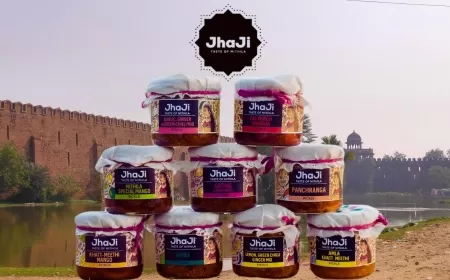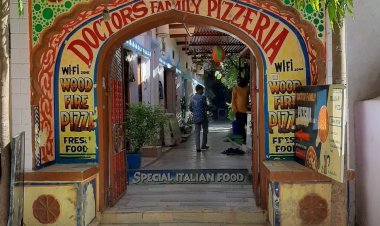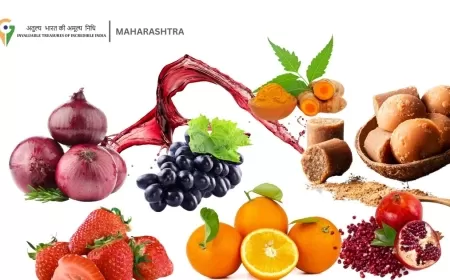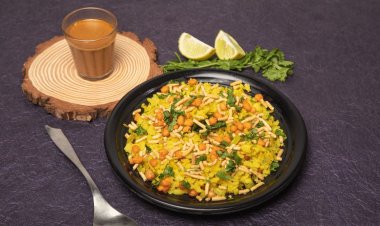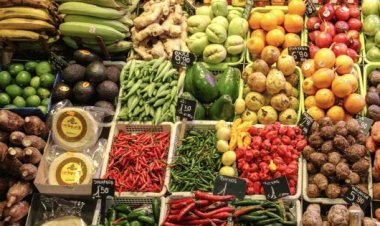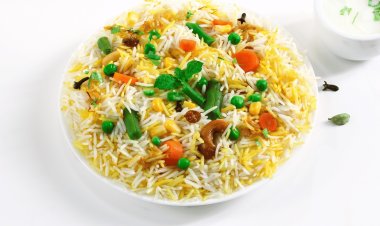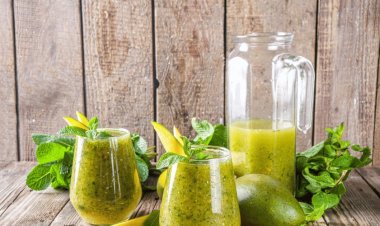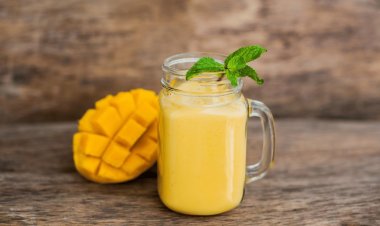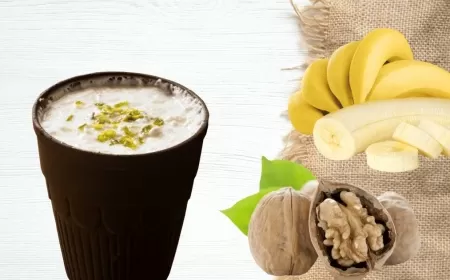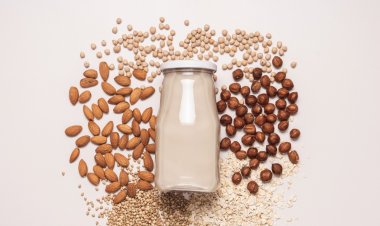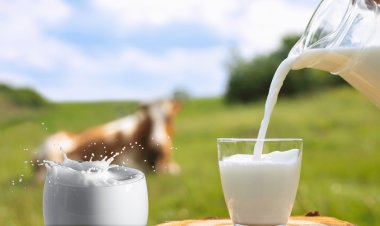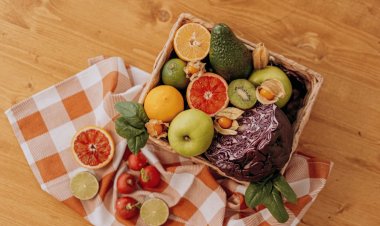Eating for a Better Future: Adopt Sustainable and Eco-Friendly Food Practices
Whether you're looking to make small changes in your personal life or advocate for larger changes in the food industry, this article provides valuable information and inspiration for creating a more sustainable and eco-friendly food system. Join the movement today and help protect our planet for future generations!

Sustainable and eco-friendly food practices are becoming increasingly important in today's world, as we seek to reduce our impact on the environment and protect our planet for future generations. There are many ways to adopt sustainable and eco-friendly food practices in our personal lives and in the larger food industry.
One way to be more sustainable is to reduce food waste by planning our meals and grocery shopping more effectively. This not only saves money but also reduces the amount of food that ends up in landfills, which it contributes to greenhouse gas emissions. Another way to be more eco-friendly is to choose locally grown and seasonal produce, which reduces the carbon footprint associated with long-distance transportation.
Eating a plant-based diet is another way to reduce our impact on the environment, as the production of plant-based foods requires significantly fewer resources and generates fewer greenhouse gas emissions than the production of animal-based foods. Similarly, choosing organic foods, which are grown without the use of synthetic pesticides and fertilizers, helps to reduce the number of harmful chemicals in our food and in the environment.
In the larger food industry, there are many practices that can help to make our food system more sustainable and eco-friendly. For example, regenerative agriculture, which seeks to improve soil health and reduce greenhouse gas emissions, is becoming increasingly popular among farmers. Similarly, the use of renewable energy, such as solar and wind power, can help to reduce the carbon footprint associated with food production.
Adopting sustainable and eco-friendly food practices has many advantages for both individuals and the larger environment. Here are some of the key benefits:
Protects the environment: Sustainable and eco-friendly food practices reduce the negative impact of food production and consumption on the environment, including reducing greenhouse gas emissions, conserving resources, and reducing waste.
Supports local communities: By choosing locally grown and seasonal produce, consumers can support local farmers and communities, promoting economic sustainability and preserving traditional farming practices.
Improves health: Sustainable and eco-friendly food practices often lead to a more diverse and nutritious diet, with a focus on plant-based foods and organic produce. This can help to improve overall health and reduce the risk of diet-related diseases.
Reduces waste: By reducing food waste, individuals can save money and minimize the amount of food that ends up in landfills, which it contributes to greenhouse gas emissions.
Encourages innovation: Adopting sustainable and eco-friendly food practices encourages innovation in the food industry, leading to the development of new technologies and practices that further reduce the impact of food production on the environment.
Adopting Sustainable and Eco-Friendly Food Practices also includes eco-friendly packaging.
Here are the Advantages of eco-friendly packaging include:
Reduces waste and pollution: Eco-friendly packaging is biodegradable or compostable, reducing the amount of waste that ends up in landfills and the ocean.
Supports sustainability: By using renewable resources, eco-friendly packaging promotes sustainable practices and reduces the use of non-renewable resources.
Positive brand image: Companies that use eco-friendly packaging can improve their brand image and attract environmentally conscious customers.
Cost-effective: Eco-friendly packaging can be cost-effective in the long run, as it reduces waste management costs and can even lower production costs.
Better for health: Some traditional packaging materials contain harmful chemicals that can leach into the environment and potentially harm human health. Eco-friendly packaging avoids the use of such materials.
By adopting sustainable and eco-friendly food practices, we can help protect our planet and ensure a healthy future for generations. Whether we're making small changes in our personal lives or advocating for larger changes in the food industry, we can all play a role in creating a more sustainable and eco-friendly food system.
What's Your Reaction?
 Like
37
Like
37
 Dislike
0
Dislike
0
 Love
5
Love
5
 Funny
0
Funny
0
 Angry
0
Angry
0
 Sad
0
Sad
0
 Wow
11
Wow
11














